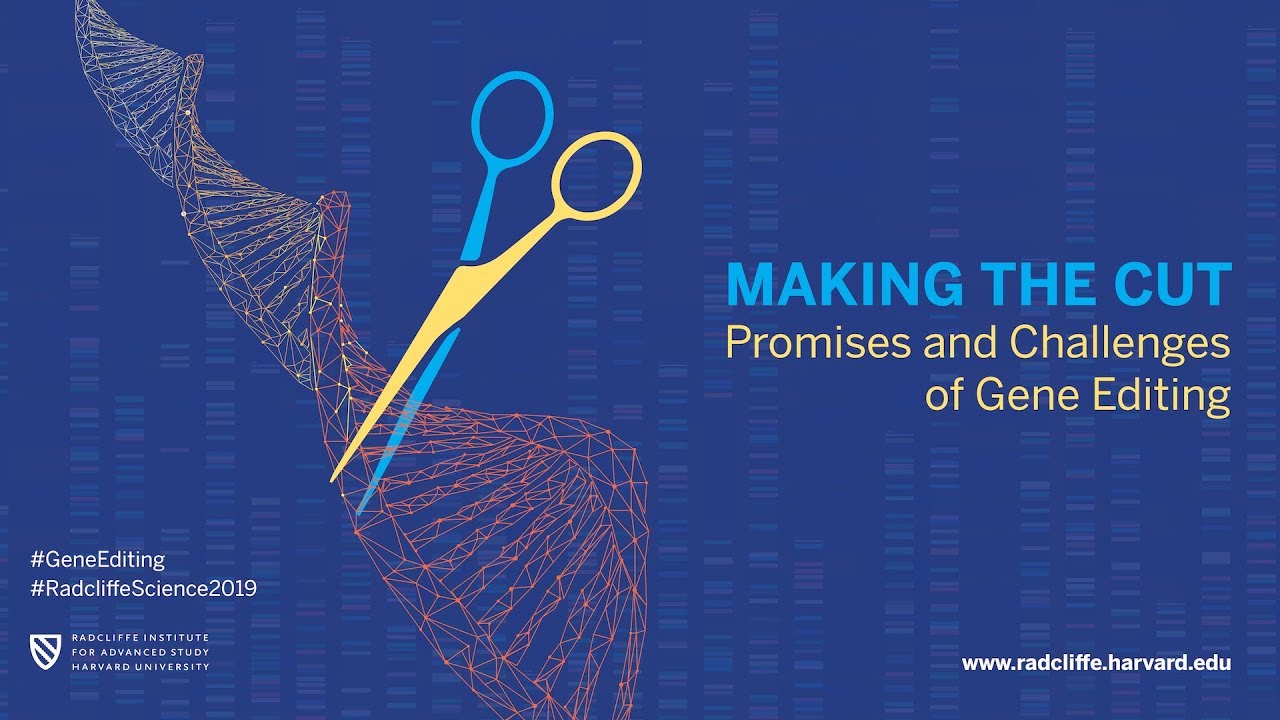The 2019 Radcliffe Institute science symposium is on gene editing, a technology that enables scientists to change an organism’s DNA. Leading international scientists, clinicians, and ethicists gather to explore case studies of particular gene therapies and consider the legal and bioethical implications of this research.
SESSION 3: CASE STUDIES: GENETIC ENGINEERING; DISABILITY RIGHTS
Introduction by moderator Pilar N. Ossorio, professor of law and bioethics, University of Wisconsin Law School; inaugural bioethics scholar in residence, Morgridge Institute for Research
(12:01) Matthew Porteus, professor of pediatrics (stem cell transplantation), Stanford University School of Medicine
(33:17) Rosemarie Garland-Thomson, professor of English and bioethics in the Department of English and codirector of the Emory Disability Studies Initiative, Emory University
PANEL DISCUSSION (1:00:05)
AUDIENCE Q&A (1:12:29)
For information about the Radcliffe Institute and its many public programs, visit https://www.radcliffe.harvard.edu/.
Facebook: http://www.facebook.com/RadcliffeInstitute
Twitter: http://www.twitter.com/RadInstitute
Instagram: http://www.instagram.com/radcliffe.institute
Making the Cut | Session 3: Engineering and Disability Rights || Radcliffe Institute
